|
Few African countries place the same significance on soft power as world powers like China and the US do. Oluwaseun Tella argues that this is particularly true of Nigeria, which is arguably Africa’s largest economy and its most populous country. It has impressive soft power capabilities but hasn’t made very good use of them.
Lifestyle diseases such as diabetes, hypertension and hypercholesterolaemia are on the rise in low and middle-income countries. But access to care in developing countries such as South Africa is limited. In their research, Justine Ina Davies and Ryan G Wagner set out to establish access to care and the consequences for the country if this isn’t improved.
Ghanaian women who don’t have children face major social pressure. This often leads to the end of relationships, as well as to mental health issues and stigma. In today’s episode of Pasha, Jasmine Fledderjohann discusses these issues and how to go about resolving them.
|
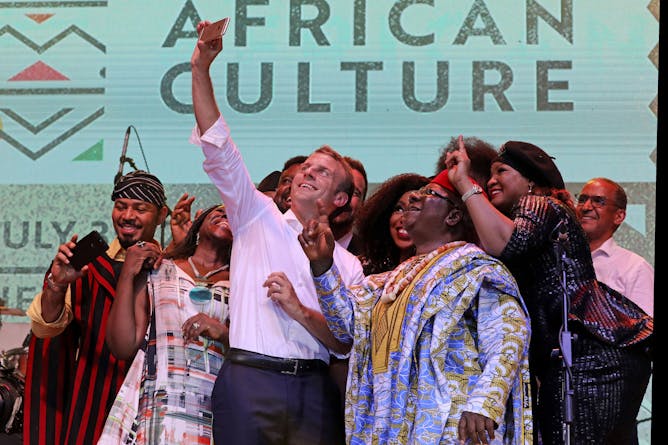
French president Emmanuel Macron with Nollywood artists during a live show in Lagos, Nigeria.
EPA-EFE/Ludovic Marin
Oluwaseun Tella, University of Johannesburg
One of the most potent promoters of Nigeria's cultural soft power is arguably Nollywood.
|
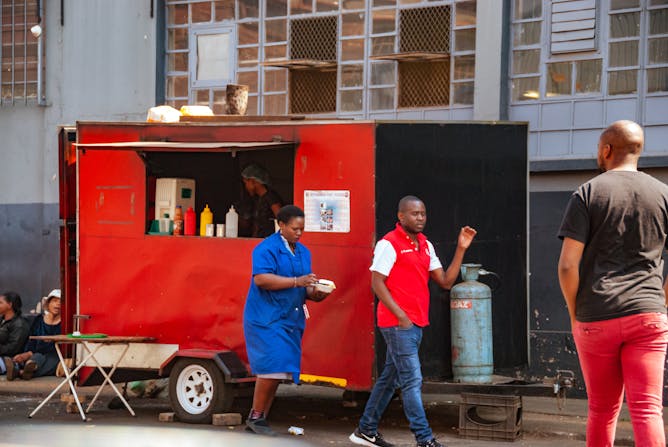
Salty and fatty foods are driving up obesity.
Shutterstock
Justine Ina Davies, University of Birmingham; Ryan G Wagner, University of the Witwatersrand
At the turn of the century, the greatest threats were posed by infectious diseases today, the biggest threats are posed by lifestyle diseases.
|
Science + Technology
|

Jennifer Fitchett, University of the Witwatersrand; Chris Curtis, University of the Witwatersrand; Sarah Roffe, University of the Witwatersrand
There are regions in South Africa where it hasn't been established if the rainy season is in summer or winter.
| |

Andrew Forbes, University of the Witwatersrand
Nature can produce fractals, computers can, too. Could light be a fractal? The answer is yes.
|
|
|
Education
|
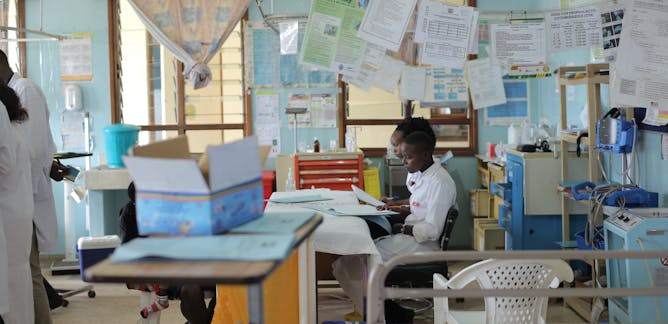
Agnes Binagwaho, University of Global Health Equity
Many health professionals leave Africa because they don’t know how to handle the non-clinical systemic problems.
| |

Linda Ronnie, University of Cape Town; Suki Goodman, University of Cape Town
Fraudulent academic qualifications have increased dramatically in South Africa.
|
|
|
Podcasts
|
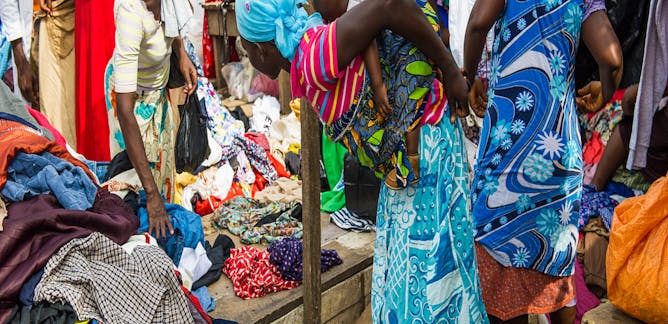
Ozayr Patel, The Conversation
There's heavy burden for women in Ghana who don't have children.
| |
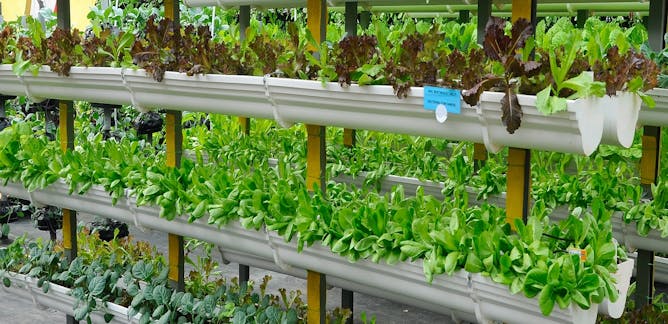
Ozayr Patel, The Conversation
Vertical farms have the potential to feed many on the African continent.
|
|
|
From our international editions
|
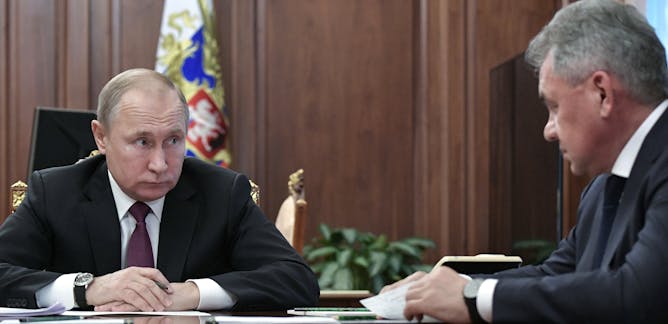
Jeffrey Fields, University of Southern California – Dornsife College of Letters, Arts and Sciences
A Cold War era treaty helped dismantle more than 2,500 missiles between the US and Russia.
| |

Kevin Deighton, Leeds Beckett University
Your body doesn't know when you've overeaten, but exercise can help.
|

Hemant Khanna, University of Massachusetts Medical School
When you think of viruses, you might think of the horrible illnesses they cause, like flu or Ebola. But now researchers are learning how to use the unique traits of viruses to treat disease.
| |
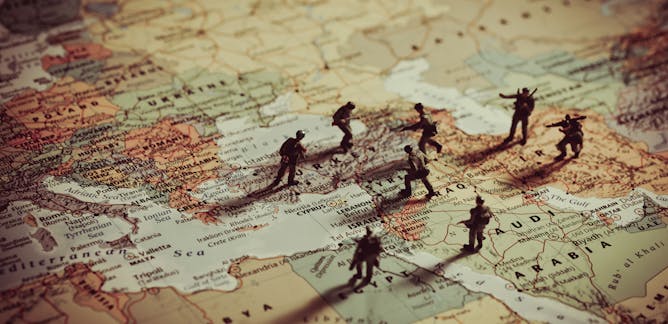
Mehmet Ozalp, Charles Sturt University
Now that the US has pulled out Syria, is the war actually over?
|
|
|